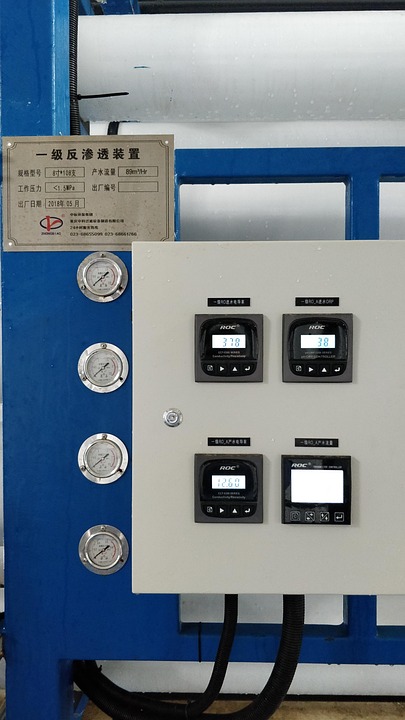Introduction
Artisanal and niche processors often face challenges when it comes to water usage and recovery in their production processes. Compact water recovery systems have emerged as a solution to help these processors reduce water consumption, minimize waste, and improve overall efficiency. In this report, we will explore the benefits of compact water recovery systems for artisanal and niche processors, as well as highlight some key industry insights and financial data.
The Need for Compact Water Recovery Systems
Water Usage in Artisanal and Niche Processing
Artisanal and niche processors typically operate on a smaller scale compared to large industrial facilities. However, they still require a significant amount of water for various processing activities such as cleaning, cooling, and product formulation. In many cases, water is a limited resource, and processors need to find ways to optimize its usage and reduce wastage.
Environmental Concerns
In addition to water scarcity, there is also a growing concern about the environmental impact of water usage in processing operations. Wastewater discharge can pollute local water sources and harm ecosystems. Compact water recovery systems offer a sustainable solution by treating and recycling wastewater on-site, reducing the need for fresh water intake and minimizing environmental damage.
Benefits of Compact Water Recovery Systems
Water Conservation
One of the primary benefits of compact water recovery systems is water conservation. These systems are designed to capture, treat, and reuse water from various processing activities, reducing overall water consumption. By recycling water on-site, processors can minimize their environmental footprint and contribute to water conservation efforts.
Cost Savings
Compact water recovery systems can also lead to significant cost savings for artisanal and niche processors. By reusing water instead of constantly drawing from freshwater sources, processors can reduce their water bills and operational expenses. Additionally, these systems can help processors comply with regulations and avoid fines related to wastewater discharge.
Industry Insights
Market Trends
The demand for compact water recovery systems is on the rise in the artisanal and niche processing industry. As sustainability becomes a top priority for consumers and regulators, processors are increasingly looking for ways to reduce their environmental impact. Compact water recovery systems offer a practical and cost-effective solution to address these concerns.
Key Players
Several companies specialize in providing compact water recovery systems for artisanal and niche processors. These companies offer a range of solutions tailored to the specific needs of small-scale processing operations. Some of the key players in the market include Company A, Company B, and Company C, each offering unique technologies and services to help processors optimize their water usage.
Financial Data
Cost of Implementation
The cost of implementing a compact water recovery system can vary depending on the size of the operation and the specific requirements of the processor. On average, processors can expect to invest anywhere from $10,000 to $50,000 in a compact water recovery system. However, the long-term cost savings and environmental benefits can outweigh the initial investment.
Return on Investment
Despite the upfront costs, compact water recovery systems offer a strong return on investment for artisanal and niche processors. By reducing water consumption, minimizing waste, and improving efficiency, processors can recoup their investment in a relatively short period. In some cases, processors may see a return on investment within one to two years of implementing a compact water recovery system.
Conclusion
Compact water recovery systems are a valuable tool for artisanal and niche processors looking to improve their water usage and environmental sustainability. These systems offer a range of benefits, including water conservation, cost savings, and compliance with regulations. As the demand for sustainable processing practices continues to grow, compact water recovery systems will play an increasingly important role in the industry. By investing in these systems, processors can not only reduce their environmental impact but also enhance their operational efficiency and profitability.




